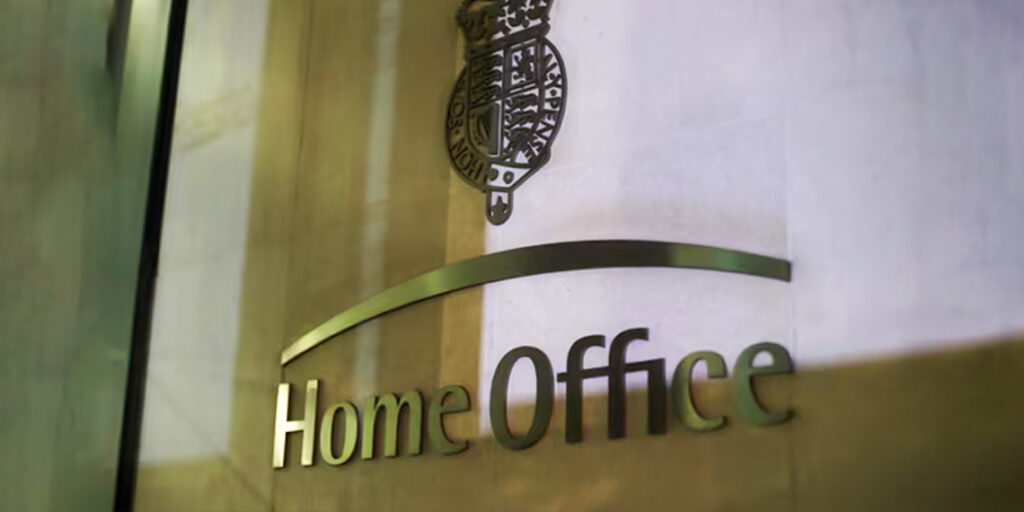NGOs are urging the UK government to enhance safeguarding measures following several violent and racially motivated incidents in Home Office-managed accommodations.
The episodes reported include 20 assaults on asylum seekers in a confined area of Essex and a distressing occurrence where an individual, recently released on licence and sharing asylum accommodation, assaulted another asylum seeker with a knife and placed slices of bacon on the stored food of Muslim residents, an act of hate crime.
The Home Office is accused of not performing sufficient risk assessments to guarantee the safety of its asylum housing facilities.
In a particularly alarming case, an asylum seeker, who was assaulted and threatened with a knife, expressed to the Guardian his ongoing trauma, saying, “Every time I close my eyes, I see that knife.”
Another resident from the same facility has initiated urgent legal action to seek relocation to a safer environment, revealing fears of being coerced into illegal drug activities by the same assailant.
Maria Wilby, director at Refugee, Asylum Seeker and Migrant Action in Essex, has consistently reported such incidents to the Home Office, stressing the need for stringent safety regulations in statutory accommodation.
Bridget Young, director at Naccom – the No Accommodation Network, emphasized the importance of robust safeguarding processes to ensure that asylum seekers not only receive decent housing but also feel secure and supported, particularly those grappling with complex mental health issues.
Nathan Phillips, head of campaigns at Asylum Matters, pointed to these incidents as examples of the Home Office’s failures to implement effective safeguarding and risk assessments, especially when previous knowledge about individuals’ backgrounds is available.
Clearsprings Ready Homes, responsible for managing the accommodation where the knife assault occurred, deferred responsibility to the Home Office, which in response stated its standard policy of not commenting on individual cases, but assured that it works with providers to investigate and address any concerns raised to safeguard those in their care.


